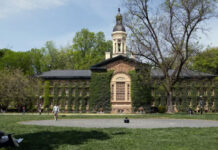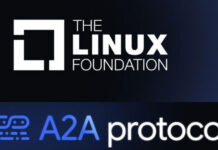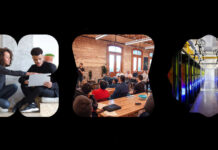One the most-innovative trends in higher education is that of distributed knowledge.
George Washington University (GWU) is launching this fall semester a groundbreaking example of inter-institutional collaboration in open education through a MOOC titled “Practical Numerical Methods with Python”, which will be run also as a flipped classroom experience (on-campus and online).
Four instructors from four continents will collaborate in the design and development of course content and learning objectives, and all materials will be released under an open, Creative Commons licensing model, through this newly created Open edX platform: GW Online.
GWU’s office of the Vice Provost for Online Education, Academic Technologies and Professor Lorena Barba –in the picture above- will run the project, which will have as participants instructors from Southampton University (UK), Pontifical Catholic University of Chile and KAUST (Saudi Arabia). The initiative has received sponsorship support from Amazon Web Services and NVIDIA. (Disclosure: IBL Studios Education is providing technical support and professional services.)
For the project, GWU will be deploying its own Open edX instance, “without surrendering our IP to for-profits nor subjecting students to creepy data mining,” says Prof. Barba. “We believe that higher education is the core mission of universities and we want to contribute to open education with for-profit companies having only a supporting role.” The course will be aimed at first-year engineering graduate students or advanced seniors. On campus, the partner instructors will manage their course as they see fit. Learning lessons will also be hosted on GitHub and will keenly accept issues and pull requests from students, MOOC participants and observers. One of the goals is to join in scholarly conversations and course activities to keep students engaged and encourage participation. “In other words, we adopt and embrace the open-source model in our educational endeavor,” explains Prof. Barba.
“It’s going to be a “do-it-yourself” adventure, and we expect to encounter snags and make mistakes. But we are convinced that a fully open and connected model for learning is adaptable and self-healing, so we have no worries.” (…) “We want to invite you and every one who is interested in scientific computing to learn (and teach) with us.”
Updates:

 En Español
En Español




















